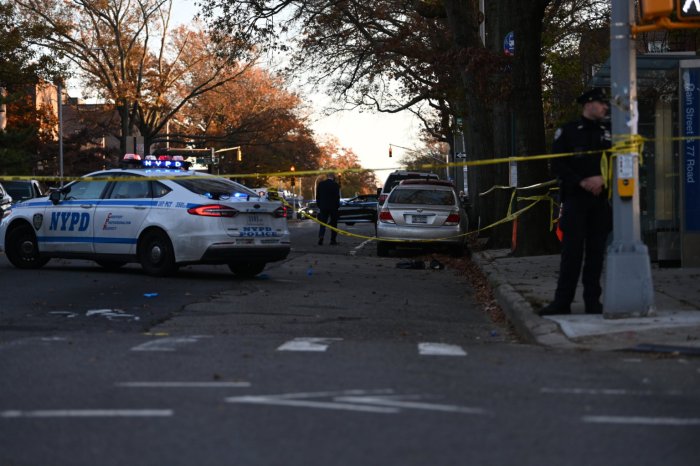By Alex Robinson
Queens homeowners should not expect to get relief on their water bills any time soon, according to a new report by the city Independent Budget Office.
The report, which was released Monday, said there are not substantial ways to lower rates without cutting regular maintenance and operating costs.
“Ratepayers must collectively pay for the full costs of the system every year, and like most municipal services, costs rarely decrease over time,” the report said.
Water rates have gone up by 135 percent since 1995 and are set annually by the city Water Board, which has seven members, all appointed by the mayor. Part of the rate hikes is attributable to the rising rental payment the city charges the board, which is spent on the city’s general budget rather than on water- and sewer-related costs.
The practice of using these funds in the general budget during Mayor Michael Bloomberg’s time in office was criticized as a hidden tax for rent payers by then-city Public Advocate Bill de Blasio.
Despite this, the Water Board proposed a 3.35 percent increase for fiscal year 2015. This was the lowest hike since 2006, but still met opposition from City Councilman Rory Lancman (D-Fresh Meadows), who has been adamantly against pumping water funds into the general city budget.
From 2005-13, the rental payment was responsible for only 8 percent of the rates’ growth, the report said. The proposed rental payment for this year was increased by $14 million, which accounts for 12 percent of the proposed hike.
“Lowering the rental payment has only a limited effect on reducing water and sewer rates,” the report said.
Justin Bland, a budget and policy analyst at IBO who prepared the report, said eliminating the rent payment might freeze rates for a year, but the ever-growing cost of maintaining and operating the city’s water system would inevitably raise rates later.
“You could get rid of the rental payment, but you would still have the main drivers of rate increases,” he said.
If the city had eliminated the rental payment in 2013, the 2014 water rate would have been 57 cents per 100 cubic feet less than the current rate, which would have meant a savings of around $61 a year for the average single-family rate payer, according to the report.
But after 2014, the savings from eliminating the rental payment would not have been enough to avoid a future rate increase, the report said.
Lancman responded to the report, saying water rate payers should not be paying fees that go into the city budget, regardless of how small the rental rate increase may seem in the overall rate hikes.
“The revenue generated goes to paying the unnecessary rent increase that the city is charging,” he said. “We’re not asking the Department of Environmental Protection to cut down on infrastructure. We’re just asking that our water fees not be used to operate the city’s general operating fund.”
The proposed hike will increase water costs from $9.27 per 100 cubic feet to $9.58 per 100 cubic feet, which would cost an average single-family home $1,025 a year, as opposed to $991 the previous year, the report said.
“I don’t think the report was written by rate payers in Queens,” Lancman said. “It’s not really their place to make a value judgment as to what is or not a burden to put on middle-class families. They’re not there to do that. A back door tax on people who use water is unfair and unnecessary.”
Reach reporter Alex Robinson by e-mail at arobinson@cnglocal.com or by phone at 718-260-4566.





























